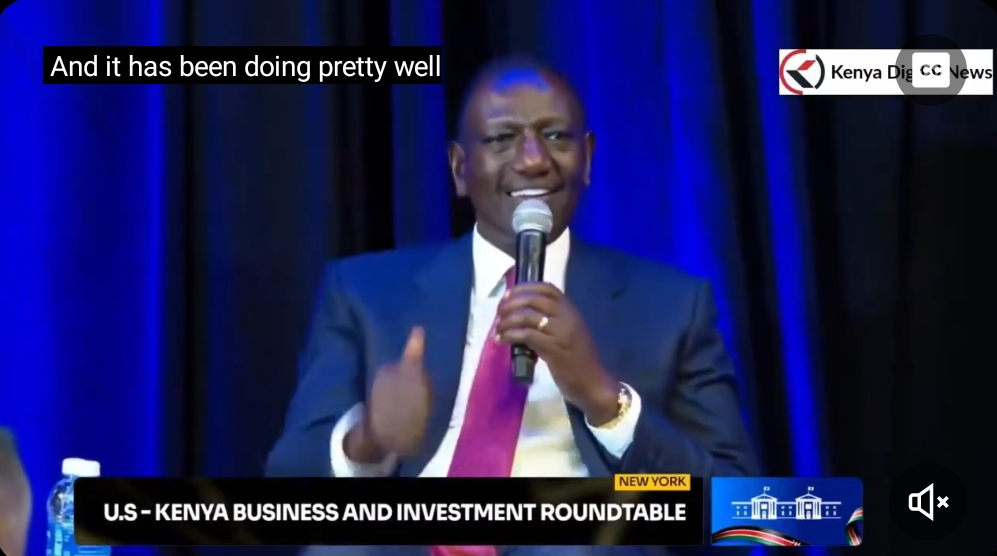Kenya’s President William Ruto recently highlighted the competitive impact of Elon Musk’s Starlink on the country’s telecommunications sector, specifically on Safaricom, the dominant local player.
Speaking at the US-Kenya Business and Investment Roundtable in New York, Ruto acknowledged Safaricom’s concerns but emphasized that competition is crucial for driving innovation.
He noted that while Safaricom’s CEO Peter Ndegwa may not be thrilled with Starlink’s entry, the competition has forced the company to improve its services.
Starlink’s satellite-based internet service, which launched in Kenya in 2023, offers high-speed connectivity, particularly in underserved rural areas.
This has put pressure on Safaricom to upgrade its offerings, such as increasing home internet speeds and introducing new data plans.
The government has been supportive of this competition, with Ruto expressing that it pushes companies like Safaricom to “keep ahead” and improve their services.
Safaricom, while initially resistant to Starlink’s entry, has adapted by rolling out faster internet speeds and innovative packages, such as a 1000 Mbps plan targeted at heavy data users.
Despite concerns over regulatory issues with satellite providers, Ruto’s pro-competition stance signals a shift in Kenya’s telecom landscape, with more openness to international tech players like Starlink.
This aligns with Ruto’s broader vision to make Kenya a tech hub, fostering both local and global investments in its digital infrastructure.


